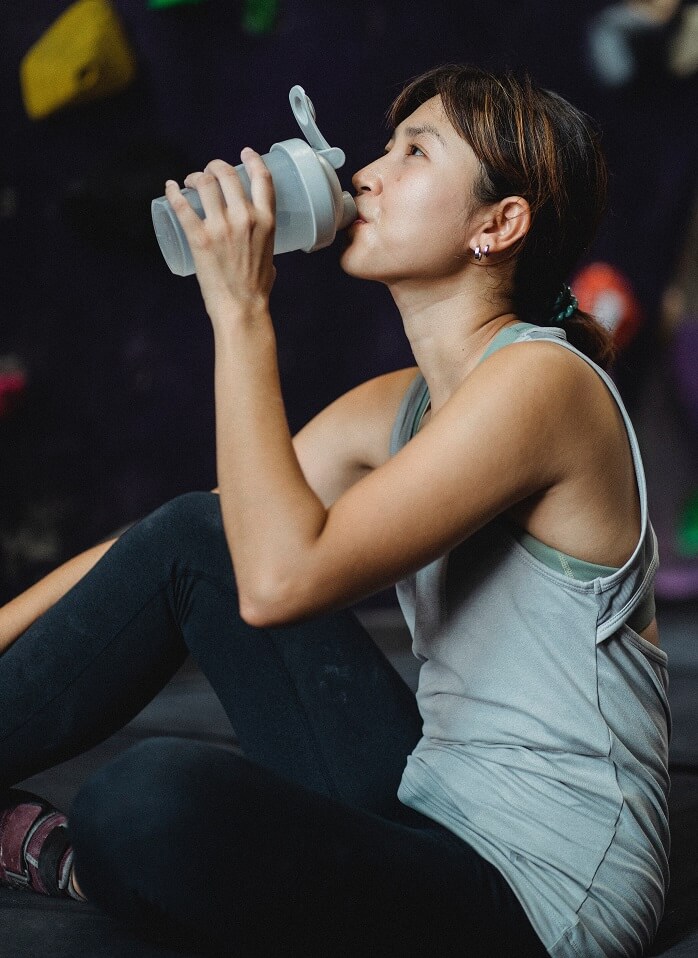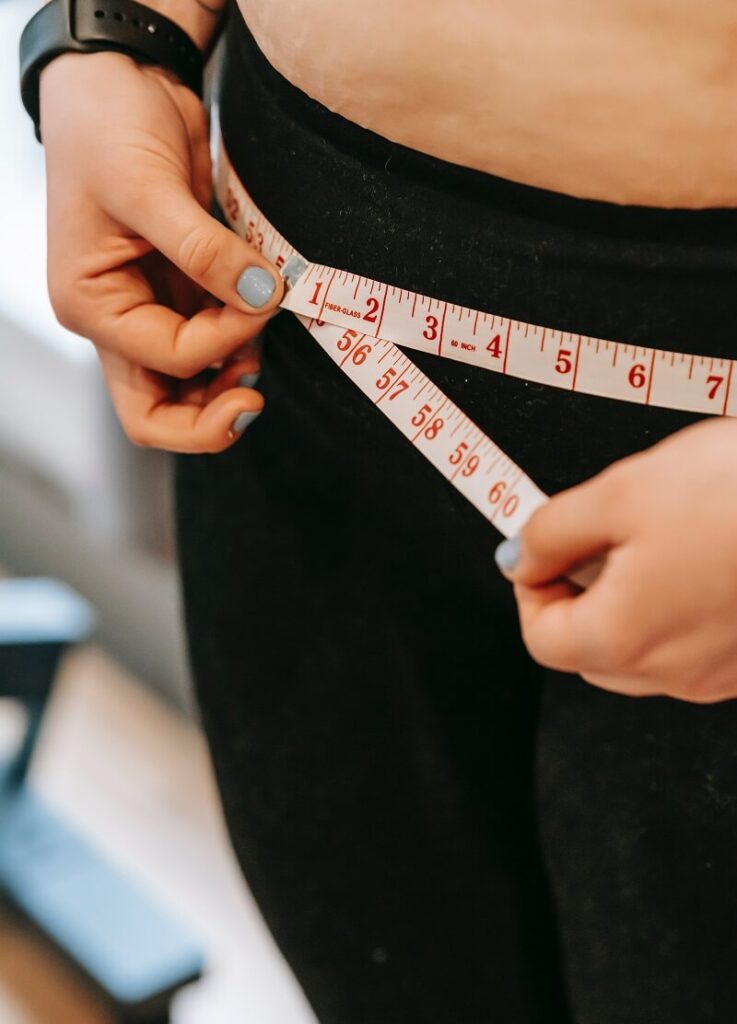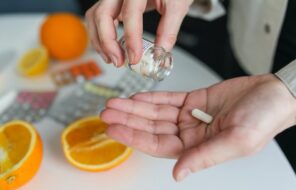Water is to the human body as oil is to a car — it keeps the system (your body) and all of its parts running smoothly. Water transports carbohydrates, vitamins, minerals, nutrients, and oxygen to the body’s cells. The cells then produce energy, which the body requires to function. Without water, humans can’t survive more than a few days. We all know that drinking water is good for you, but here are some concrete health benefits of water consumption.
Prevents dehydration
To state the obvious, taking in water (whether in liquid form or within foods) increases your hydration levels. It’s easier to think about the benefits of being hydrated in terms of what happens when you’re dehydrated. Common symptoms of dehydration include:
- Headaches
- Tiredness
- Lightheadedness
- Dry mouth and thirst
- Confusion
- Dry skin
- Low blood pressure
When you’re well-hydrated, the likelihood that you’ll experience the above symptoms is much lower. Dehydration is more likely to occur when you’re doing things that expel water from your body at a faster rate than normal.
Exercising is one way because it causes you to lose water through sweat. Drinking alcohol is another way because alcohol is a diuretic, meaning it increases the body’s urine production. The process of producing urine draws water out of the body.
Drinking plenty of weather is the best way to ensure you don’t get dehydrated, especially when doing activities that speed up the process. Being adequately hydrated helps the body and brain perform at their best.
Body temperature regulation

Sweating is the body’s most effective way to cool itself when overheating, and it wouldn’t be possible without water. When the body becomes too hot, it excretes water through sweat, which cools the body as it evaporates. When there isn’t enough water in someone’s body, they won’t be able to cool it down as effectively.
Joint and muscle lubrication
Synovial fluid is a liquid the body creates to cushion and nourish the tissue between joints. Without it, joints become creaky and inflexible due to too much friction. Synovial fluid is made up primarily of water.
In the same vein, approximately 70% of muscle is made up of water. Without sufficient water, existing muscles don’t function optimally, and it’s harder to build more muscle mass.
Waste processing and removal
In the same way that taking a shower removes dirt from the body’s exterior, drinking water removes waste from the body’s interior.
Sweating, urination, and bowel movements are ways the body gets rid of waste, and all of these processes rely on water. Without drinking enough, you’ll notice that your urine will be infrequent and a darker color. Constipation is also a common side effect of dehydration.
Better cognitive function
Like any organ, the brain relies on water to function properly. Well-hydrated brain cells are supplied with oxygen-rich blood, which helps the brain stay alert. Even mild dehydration can create concentration problems. More severe dehydration (loss of more than 2% body weight) can impair the brain’s processing abilities and reduce short-term memory capabilities.
Physical performance improvement
For many of the reasons above, adequate water intake is extremely important for physical health, especially for those who regularly exercise or exert themselves physically. While dehydration causes fatigue and overheating, proper hydration means longer endurance during a workout.
When you exert yourself physically, you lose more water through sweating, which is why it’s especially important for athletes and those with an active lifestyle to drink even more water than what’s recommended for a typical adult.
Weight loss

The most obvious reason water can help with weight loss is that it has no calories. Simply swapping another beverage for water can reduce your daily calorie intake and help you lose weight over time.
Other studies suggest that drinking water before meals can reduce appetite, thus causing one to eat less and lose weight. Of course, all bodies are different, and it’s best to talk with a primary care provider when developing a weight loss plan. Water is not a food substitute because it doesn’t contain the same nutrients and calories the body needs to function.
Hit your hydration goals
Because water helps with so many of the body’s basic functions, increasing your H2O intake can help you feel better in several ways. There’s no universally agreed upon daily water suggestion, despite conventional wisdom. However, about four to six cups per day for an adult is a common goal.
If you need to motivate yourself to hit your water intake goal, try thinking of it as part of your self-care routine. Invest in a water bottle you like the look and function of and know how many bottles you need to consume each day to hit your goal. You’ll also be happy to know that drinking water might contribute to clearer skin, which might be another motivator for you. Find a process that works for you and start reaping the rewards.





